The Alaskan city of Anchorage received record snowfall in November 2023.
Winter weather arrived in force in Southcentral Alaska in 2023. Anchorage logged its snowiest November since recordkeeping began in 1953—and it reached that mark just over halfway through the month. In addition, a nearby mountain pass came close to the national record for 24-hour snowfall.
Satellite Images Show Drastic Changes
The images above capture the transition to winter in and around Alaska’s most populous city. They were acquired by the MODIS (Moderate Resolution Imaging Spectroradiometer) on NASA’s Aqua satellite on October 26 (upper), before any significant snow had fallen in Anchorage, and November 19 (lower), two days after enough snow accumulated to set a new monthly record there. At that point, ground-based measurements at the National Weather Service Anchorage office had recorded 39.1 inches (993 millimeters) of snowfall in November, topping the previous record of 38.8 inches (985 millimeters) from 1994.
Intense Snowstorms and Their Impact
Much of the snow—about 20 inches (500 millimeters)—fell during a storm lasting from November 8–10. New daily snowfall records for November 8 and 9 were set during that storm. It caused power outages, treacherous road conditions, and office closures, according to news reports. Another storm, which dropped nearly 9 more inches on November 13, added to the challenging conditions and prompted schools to switch to remote learning for several days.
Extreme Snowfall in Mountainous Regions
Outlying mountainous areas saw far more accumulation. Thompson Pass in the Chugach Mountains, about 140 miles (220 kilometers) east of Anchorage, reportedly received 72 inches (1.8 meters) of new snow on November 8. That total, measured in one of the snowiest places in the state, approached the century-old U.S. record for snowfall in a 24-hour period. Silver Lake, Colorado, still holds the top spot from April 1921, when 76 inches (1.9 meters) fell in the Rocky Mountains.
NASA Earth Observatory images by Wanmei Liang, using MODIS data from NASA EOSDIS LANCE and GIBS/Worldview.

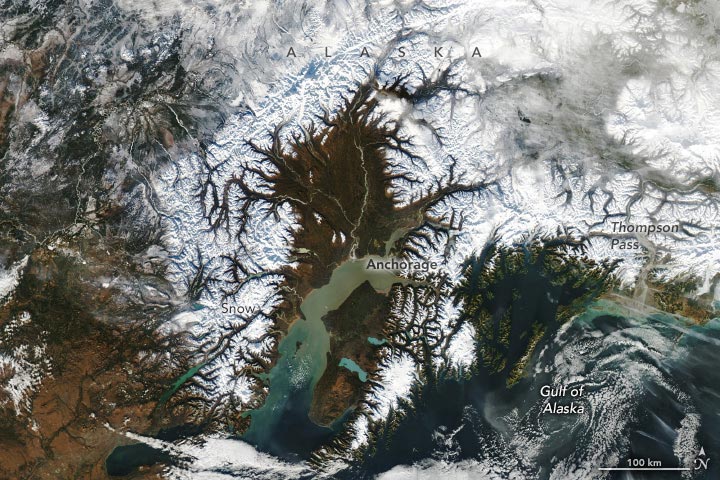
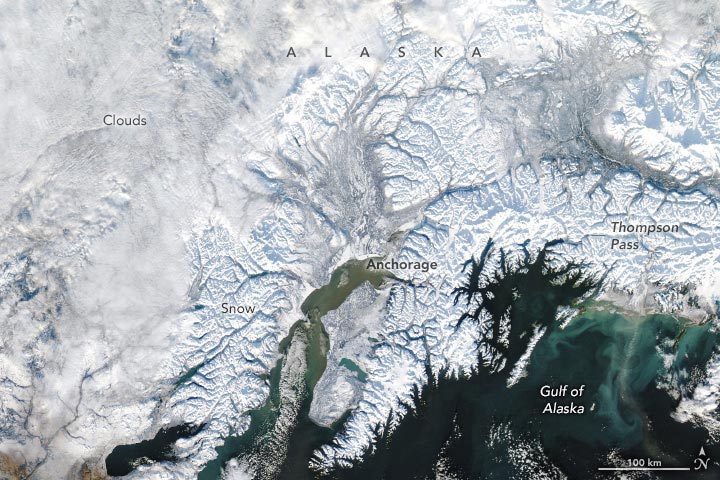
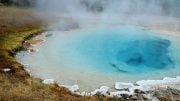
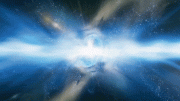


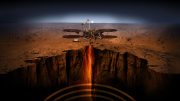



OMG! 0.3 inches more!! This is significant!!!
We see comparable claims all the time with respect to new records for temperature, without mentioning what the uncertainty envelope is. A single event or even month doesn’t have much meaning, long term. However, the public has come to expect it. It probably is fair to report it for consistency. It does establish that all the records aren’t for high temperature or droughts, which is what one should expect.
Obviously another proof of global warming the approaching end of fresh water.
I would tend to think the pattern has moved slightly for the time being a long term would say over the earth we have an effect on nature, growth has consequence, can the growth maintain to a level of over use and quality of earth. what is equal.